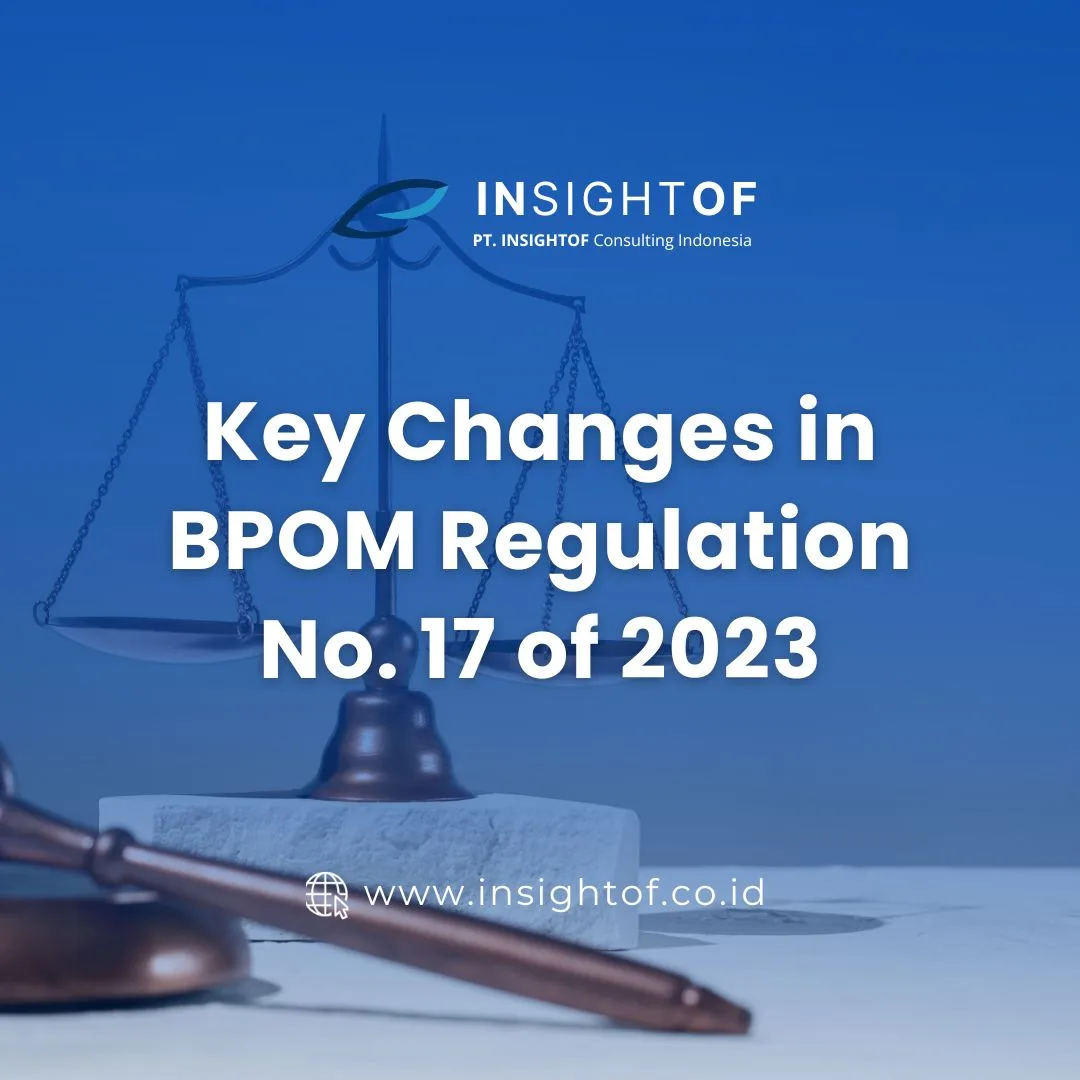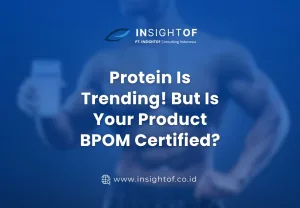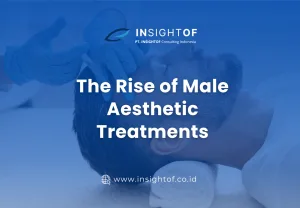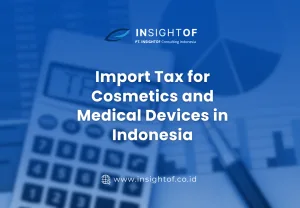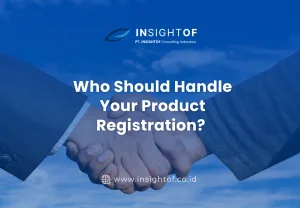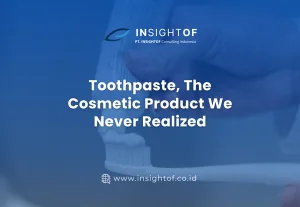The regulation, BPOM Regulation No. 17 of 2023, was officially enacted on August 2, 2023, replacing the previous regulation BPOM No. 14 of 2017. the Pedoman Dokumen Informasi Produk Kosmetik (DIP), a crucial regulatory framework for cosmetic products circulating in Indonesia. This regulation aligns with the broader goals of ensuring cosmetic safety, efficacy, and compliance with Indonesian health standards.

Image by pch.vector on Freepik
Background and Purpose
The new regulation was introduced to address several key objectives:
- Ensure cosmetic products meet safety, efficacy, and quality standards
- Accommodate advances in scientific knowledge and legal requirements in the cosmetics sector
- Enhance pre- and post-market surveillance
- Implement comprehensive monitoring of product information documents
Key Changes and Requirements
Article 1: General Provisions
- Updated definition of cosmetics
- New definition of officers
| Aspect | PerBPOM No. 14/2017 | PerBPOM No. 17/2023 |
| Term used | Kosmetika | Kosmetik |
| Definition | Substances or preparations intended for use on the external parts of the human body (hair, nails, lips, and external genital organs) or teeth and mucous membranes of the mouth, primarily to clean, perfume, change appearance, and/or improve body odor or protect or maintain the body in good condition. | Substances or preparations intended for use on the external parts of the human body, such as the epidermis, hair, nails, lips, and external genital organs, or teeth and mucous membranes of the mouth, primarily to clean, perfume, change appearance, and/or improve body odor or protect or maintain the body in good condition. |
| Key Changes | The term Kosmetika is used; body parts are listed as “hair, nails, lips, and external genital organs. | The term Kosmetik is used; body parts include “epidermis,” with more specific phrasing like “such as the epidermis.” |
Article 2: DIP Requirements
- Cosmetics must have distribution permit through notification
- Notification process follows BPOM regulations
| Aspect | PerBPOM No. 14/2017 | PerBPOM No. 17/2023 |
| Notification Requirement | Kosmetika that will be distributed in Indonesia must be notified to the Head of the Agency (Kepala Badan). | Kosmetik distributed in Indonesia must have a distribution permit in the form of notification (notifikasi). |
| Key Changes | Only mentions the need for notification (notifikasi) to the Head of the Agency. | Adds a clear requirement that the product must already have a distribution permit in the form of notification before distribution. |
Article 3: DIP Content
- In PerBPOM No. 17/2023, Article 3 provides more detailed provisions regarding the DIP data that must be prepared and included in Article 3, paragraph (3).
Articles 7-11: Audit Procedures
- Regular and incidental audits
- Can be conducted in-person or virtually
- Officers have authority to inspect and copy DIP
- Confidentiality requirements
| Article | PerBPOM No. 14/2017 | PerBPOM No. 17/2023 |
| Pasal 4 | No changes mentioned. | No changes. |
| Pasal 5 | The use of the word “should” (harus) | The term “must” (wajib) is used instead: “DIP must be written in Indonesian and/or English.” |
| Pasal 6 | Industries, importers, and businesses holding notification numbers must ensure the availability and access to DIP during inspections, including DIP audits by officials. | |
| Pasal 7 | (1) DIP audits consist of: a. Routine DIP audits b. Special (Ad Hoc) DIP audits. | (1) DIP audits consist of: a. Routine DIP audits b. Special (Ad Hoc) DIP audits. |
| Pasal 8 | Routine audits must be notified no later than 30 days before the audit. Special audits address post-market supervision results and/or public complaints. | Routine audits must be notified no later than 30 calendar days before the audit. Incidental audits address supervision results and/or indications of violations. |
| Pasal 10 | DIP examined during audits is only for evaluation and oversight purposes during the DIP audit process. | DIP examined and/or duplicated is considered confidential and only for evaluation and oversight purposes during the DIP audit process. |
| Pasal 11 | DIP audits can be conducted at cosmetic industry facilities, importers, or businesses holding notification numbers. | DIP audits can be conducted at cosmetic industry facilities, importers, or businesses holding notification numbers either onsite (luring) or through virtual communication (daring). |

Image by pch.vector on Freepik
Articles 12-13: Sanctions
- Administrative sanctions for violations
- Implementation follows BPOM regulations
Articles 14-16: Transitional and Closing Provisions
- 6-month adjustment period
- Previous regulation (No. 14/2017) revoked
- Effective from August 2, 2023
Importance for the Cosmetic Industry
This regulation ensures that only safe and high-quality cosmetics reach Indonesian consumers. It also facilitates smoother regulatory operations by standardizing product documentation and audits. For companies operating in Indonesia’s cosmetic sector, understanding and complying with this regulation is crucial for maintaining market access and consumer trust.
For more details on the implementation of the Peraturan BPOM No. 17 Tahun 2023, you can visit the official website of BPOM: standar-otskk.pom.go.id.

